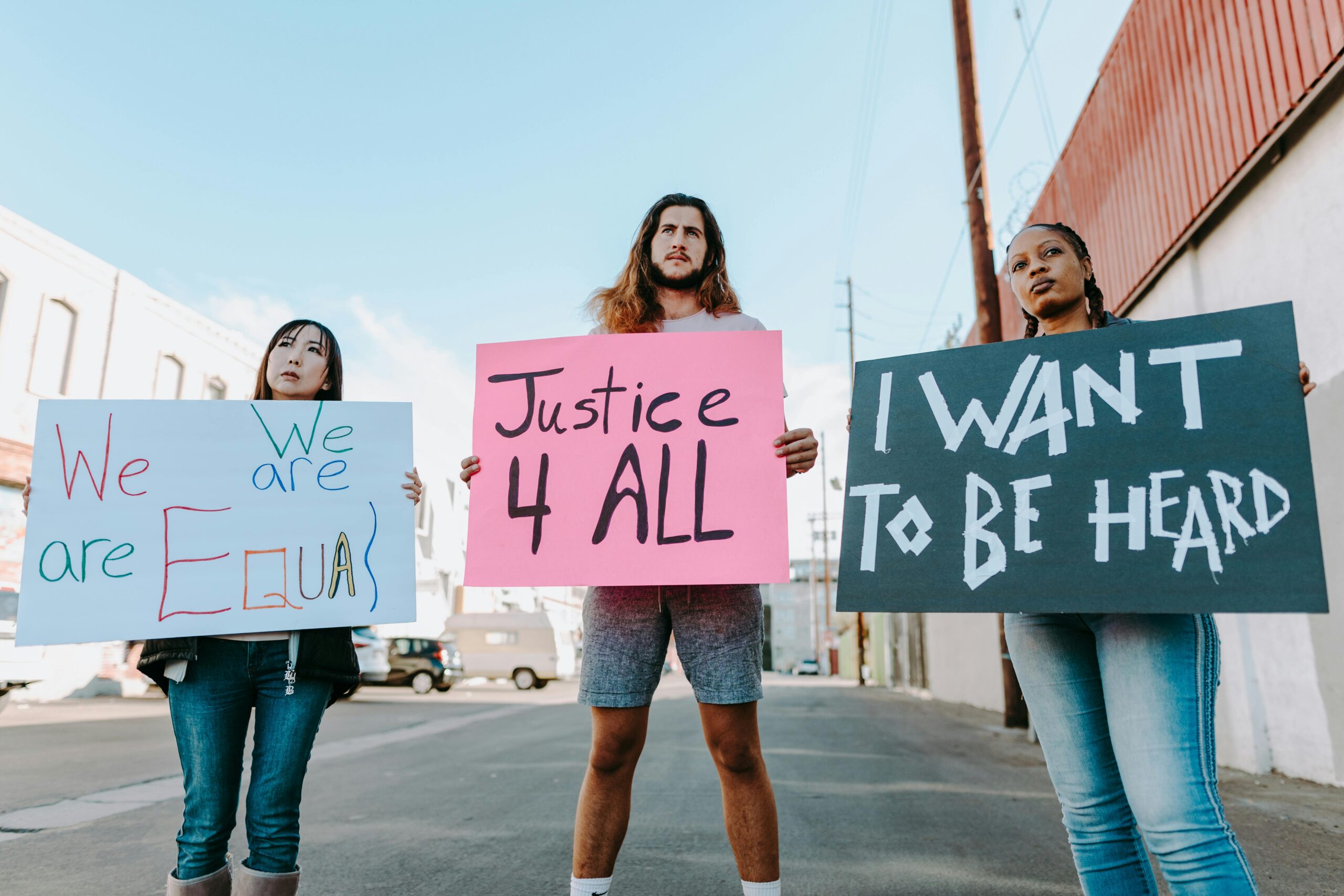These leaders of local nonprofit victim-services organizations have a combined experience of 227 years and share a deep passion for survivor advocacy and gender-based violence prevention. They collaborated to author this piece aiming to raise awareness about Missouri’s Amendment 3 and the impact on survivors.
- Julie Donelon, Metropolitan Organization Countering Sexual Assault (MOCSA), President & CEO
- Jenna Giess, Hope Haven of Cass County, Executive Director
- Mary Anne Metheny, Hope House, Chief Executive Officer
- Lisa Fleming, Rose Brooks Center, Chief Executive Officer
- Robin Winner, Synergy Services, Co-Executive Director
On November 5th, Missourians will vote on Amendment 3 which would amend the Missouri Constitution to provide the right for reproductive freedom which is defined as “the right to make and carry out decisions about all matters relating to reproductive health care, including but not limited to prenatal care, childbirth, postpartum care, birth control, abortion care, miscarriage care, and respectful birthing conditions.”
In June of 2022 after Roe v. Wade was overturned, Missouri banned all abortions except in cases of medical emergency. There is NO exception for victims of rape or incest. In February of 2024, the Missouri Senate voted against amending the law to allow for exceptions in cases of rape or incest.
Sexual and domestic violence agencies including MOCSA, Hope Haven of Cass County, Hope House, Rose Brooks Center, and Synergy Services know directly the importance of this vote on the lives of survivors.
As advocates who work with survivors of sexual and domestic violence every day, our role is to help individuals regain a sense of control over their bodies and provide them with support and options. Choices they will be faced with include whether to disclose their assault, make a police report, receive a sexual assault forensic exam, or other healthcare to address the aftereffects of the rape, including pregnancy. A survivor’s ability to make decisions that are best for them is crucial to healing from the trauma they’ve experienced.
Rape-related pregnancy happens to children and adults. It happens in cases of stranger assault, acquaintance rape, incest and intimate partner relationships. The dynamics of each complicate the victim’s reaction and response. Fear and denial often keep victims from seeking emergency medical attention.
When a perpetrator commits the crime of rape, a victim’s fundamental right to bodily autonomy is violated and all control is stripped away. Afterwards, victims are forced to make many difficult decisions – decisions they never wanted or thought they would have to make. One of those might be the life-altering decision to carry a pregnancy – forced upon them by their rapist – to term. Ensuring the trauma of the rape does not end with the act itself but continues for a lifetime.
The situation is also complex for children and adolescents who are impregnated because of incest, child sexual abuse, or rape. Young victims are often groomed over long periods of time and their abusers use high levels of coercion, secrecy, and shame. Perpetrators use power and control, and the close relationship can complicate and delay abuse disclosure and a victim’s access to healthcare. A young victim likely will not be aware they are pregnant or may not disclose until they are beyond the timeframe for emergency contraception.
Survivors of intimate partner violence share the dangers and complex barriers they experience including the use of rape and reproductive coercion by their abuser to maintain power and control. By sabotaging birth control, coercing someone into pregnancy, and by forcing rapid repeat pregnancy, the barriers to leaving an abusive relationship increase exponentially. Survivors without choices about their healthcare face increased barriers in leaving an abusive partner including protecting themselves and their children. Because of the dynamics of power and control many are unable to access or afford emergency contraception.
Homicide is a leading cause of death during pregnancy and the postpartum period in the United States with most being linked to intimate partner violence (BMJ, 2022). And forcing a person to carry a pregnancy to term can cause physical, mental, and economic harm, as well as creating a legal bond between the victim and the perpetrator.
On November 5th, Missouri voters have the opportunity to support survivors in their path to healing.


